I am using git / github and by accident I have been committing into "master" branch instead of "4.2". I have now created a separate branch which is what "master" supposed to be, "4.1" and cherry-picked the essential commits.

I now want copy "4.1" into master to avoid the commits I've made on Nov1, 2, 3 and 7. What is the best way to do it?
I have tried to follow: Create git branch, and revert original to upstream state, but got this:
$ git push origin :master
remote: error: refusing to delete the current branch: refs/heads/master
To git@github.com:atk4/atk4.git
